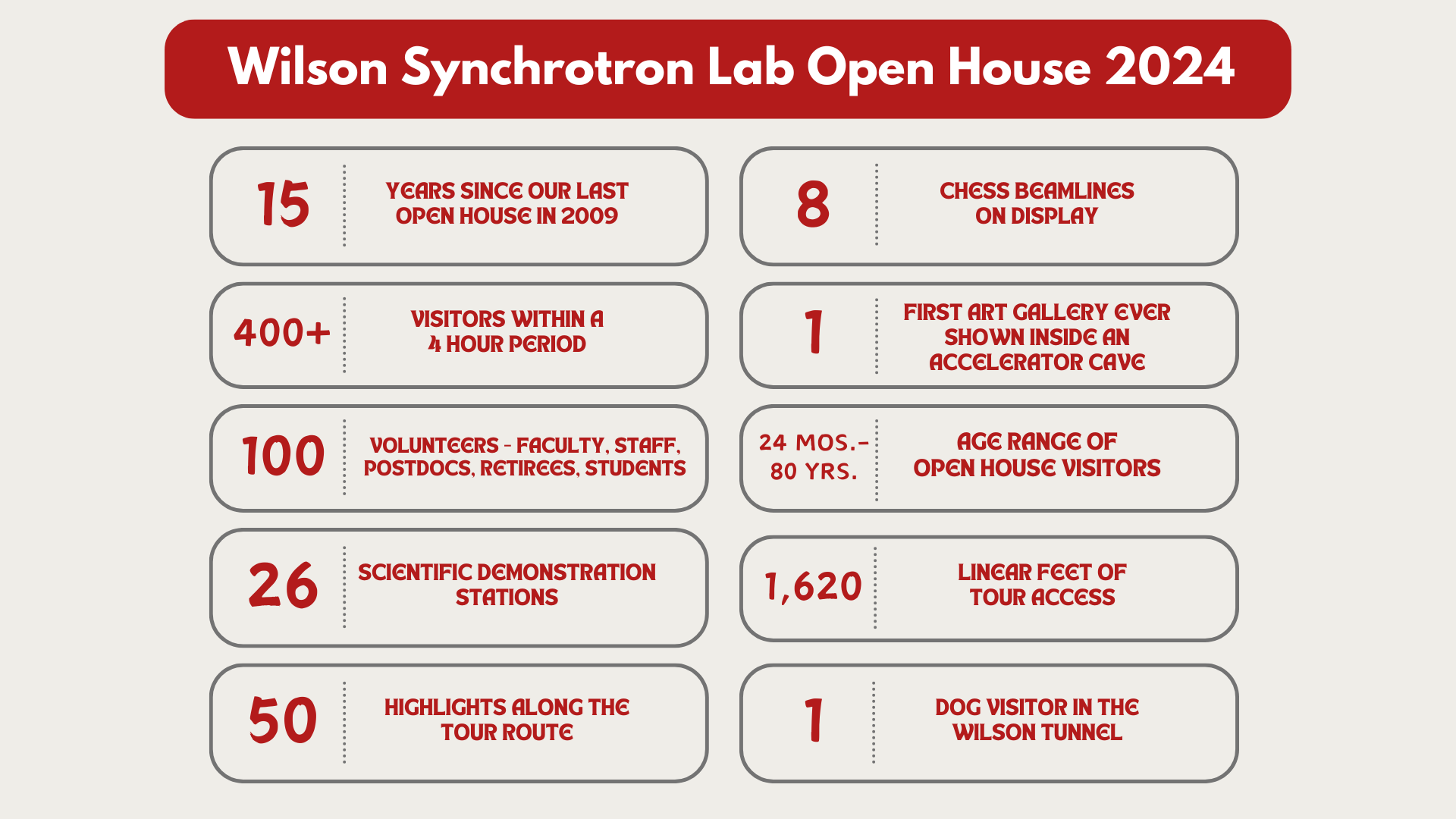New Detector System Enhances Energy Dispersive Diffraction at CHESS
This new instrument, coined the toroidal slit diffractometer (TSD), transforms the state-of-the art of EDXRD, simultaneously improving both the quality and quantity of information accessed by this technique.
